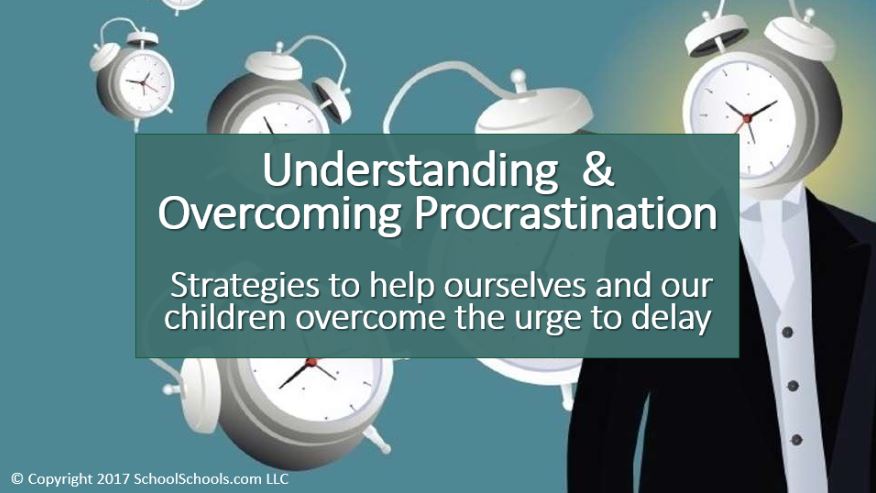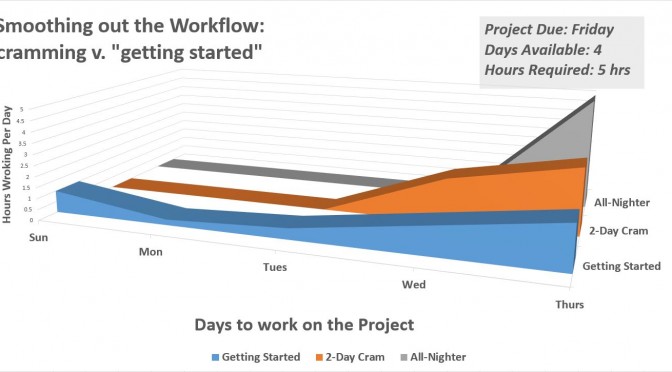 Tap, tap, text, text, click, click… Are cell phones taking students from merely distracted to dum, dummer, dummest?
Tap, tap, text, text, click, click… Are cell phones taking students from merely distracted to dum, dummer, dummest?
I suppose it depends on what “dumb” is. If dumb means instant access to vast sources of information that don’t require memory recall to access, that’s hardly stupid. And if dumb means webs of instant connections for help, sharing, and getting things done, that ain’t so dumb, either.
BUT… dumb is as dumb does, so if these marvelous little devices are getting in the way of student productive academic outcomes, then we’ve got a problem. Continue reading






 Parents of a student who has been diagnosed with “Attention Deficit,” commonly known as “ADD” and “ADHD,” get a reminder every hour of every day that by, “attention deficit,” ADD is more than some inability to focus.
Parents of a student who has been diagnosed with “Attention Deficit,” commonly known as “ADD” and “ADHD,” get a reminder every hour of every day that by, “attention deficit,” ADD is more than some inability to focus.


 Seemed like a good idea at the time…
Seemed like a good idea at the time…
 When a parent of a middle or high school teen worries that “my student doesn’t test” well, what’s missing is a combination of
When a parent of a middle or high school teen worries that “my student doesn’t test” well, what’s missing is a combination of 
 For successful testing, students need to know what will be on the test. Sounds obvious, but parents don’t want to hear from their teens that there were “surprises” on a test or that they studied for the wrong thing.
For successful testing, students need to know what will be on the test. Sounds obvious, but parents don’t want to hear from their teens that there were “surprises” on a test or that they studied for the wrong thing.
 One of the most effective strategies to defeat procrastination that we have used with students in our
One of the most effective strategies to defeat procrastination that we have used with students in our 
 Fight the need to finish now!
Fight the need to finish now!